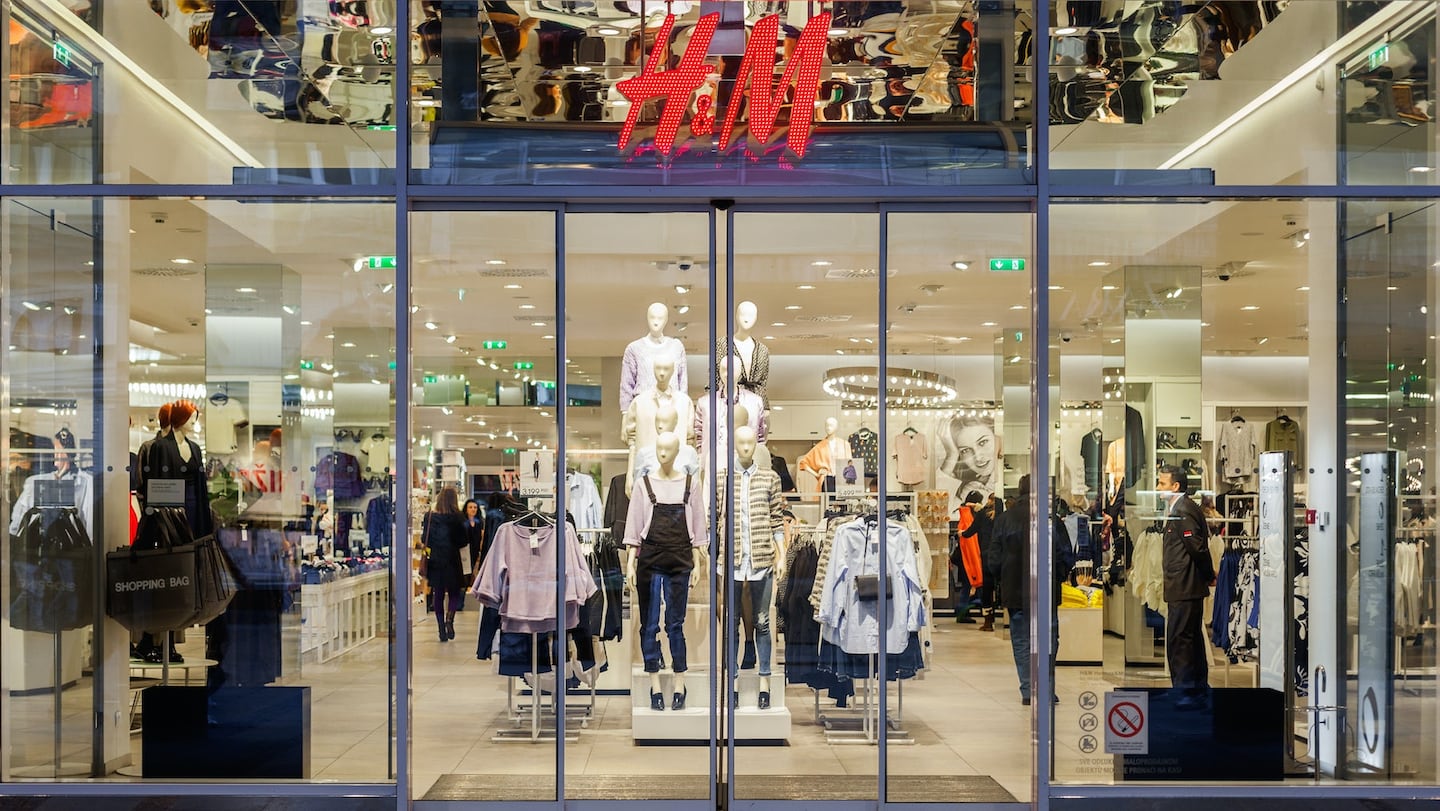
The Business of Fashion
Agenda-setting intelligence, analysis and advice for the global fashion community.

Agenda-setting intelligence, analysis and advice for the global fashion community.

Dozens of women employed by Natchi Apparels have complained to the Tamil Nadu Textile and Common Labour Union (TTCU) of sexual harassment, assault and verbal abuse by supervisors at the factory, according to a report by The Guardian.
These allegations surfaced not long after the death of Natchi employee Jeyasre Kathiravel, whose supervisor has been charged with her murder after she was found dead earlier this year. Eastman Exports, the factory’s parent company, denies that the murder was linked to the factory or workplace sexual harassment.
TTCU told BoF that it has demanded an independent investigation into gender-based violence and harassment at the facility, which workers say happens often in part due to the lack of a functioning internal grievance mechanism and CCTV cameras, as well as “the skewed gender ratio between supervisors and workers — where more than 90 percent of supervisors are men while 90 percent of workers are women.”
The union has also called for compensation for Kathiravel’s parents and “an enforceable and binding agreement… to end systemic gender-based violence” with the factory and its brands.
Eastman Exports said it “strongly disagree[s]” with the claims raised by TTCU and other labour rights groups. H&M, one of Natchi’s clients, called the described working conditions “completely unacceptable” and said it has launched a third-party investigation by the Workers Rights Consortium, with additional input from the Asia Floor Wage Alliance (AFWA), TTCU, and Social Awareness and Voluntary Education (SAVE).
The industry needs to ditch its reliance on fossil-fuel-based materials like polyester in order to meet climate targets, according to a new report from Textile Exchange.
Cotton linked to environmental and human rights abuses in Brazil is leaking into the supply chains of major fashion brands, a new investigation has found, prompting Zara-owner Inditex to send a scathing rebuke to the industry’s biggest sustainable cotton certifier.
Over the last few years, the run-up to Earth Day has become a marketing frenzy. But a crackdown on greenwashing may be changing the way brands approach their communications strategies.
This week, Sephora announced plans to double down on ‘green’ and ‘clean’ product labels, leaning into an increasingly risky marketing tactic even as a greenwashing crackdown has prompted other brands to pull back.